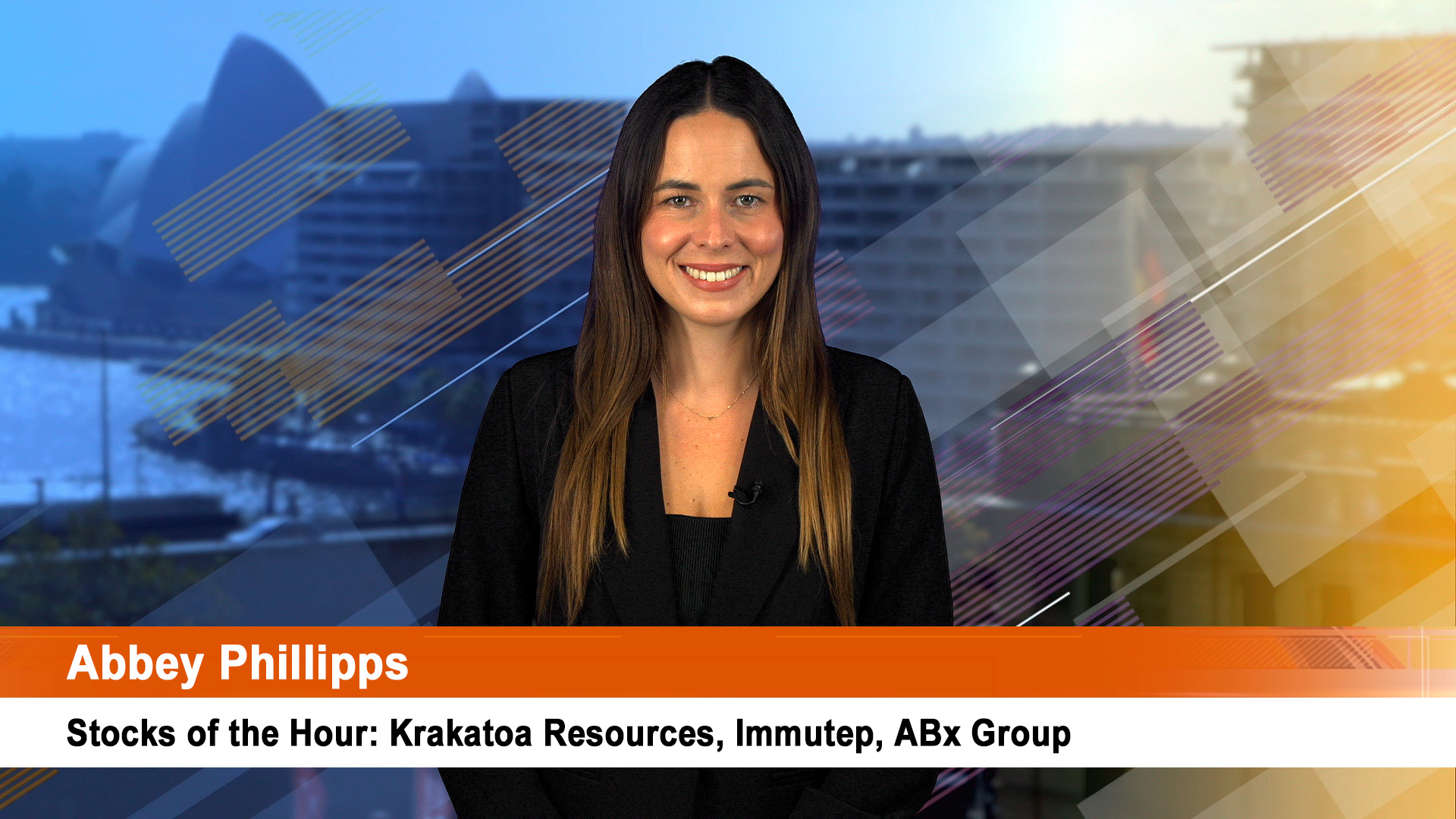Italy is due to auction three billion euros of five-year government bonds tonight our time, an event that will tell us much about how the market sees the weekend changes in the country’s government and leadership.
The country managed last week to sell five billion euros of one-year debt that helped Italian yields stabilize below the critical 7% level.
Analysts want to see the rate lower and if the auction tonight sees a sharp fall in the yield, then the changes will have had a positive impact.
The auction, the election in Spain, the changes in Italy and Greece, do mean more tensions in Europe this week, as we also get figures that will confirm the slide towards recession and the immensity of the task confronting political leaders and markets.

Gross domestic product figures will underline the enormity of the problems for all governments, with growth forecast to fall towards a possible recession, making cutting debt levels even tougher for the likes of Italy, Greece, Spain and France.
Italy is now in the process of getting a new government after Prime Minister Silvio Berlusconi resigned after Italy’s lower house of Parliament passed a debt-cutting budget.
The vote in the lower house was 380-26 in favour of the new package.
The Italian Senate had earlier approved the measure in a 156-12 vote on Friday.
That vote boosted European and US markets Friday night, our time, and Saturday night’s vote and change of leader should send markets higher again today in Asia and tonight in Europe and America.

A new government led by the unelected Mario Monti, a former European Commissioner and professor of economics, will hopefully be formed by tomorrow night, our time.
A key point to watch for will be interest rates on that Italian debt auction and the impact on equity markets.
Italy went close to disaster last week when yields on 10-year bonds soared over 7.6%, the level which saw Ireland, Portugal and Greece forced to ask for a bailout from the IMF, European Central Bank and the European Union.
After Friday’s Senate vote, yields settled back around 6.4%, only 0.11% up on the close the week before.
With a public debt of more than 120% of gross domestic product and years of weak economic growth, fixing the problems in Italy will be a huge problem for any government.
But before interest payments, Italy has a primary budget surplus, which Greece and Spain and the other basket economies don’t have.
The change in leader and government is an attempt at boosting the confidence in markets in the country and its leadership.
But with Berlusconi still lurking in the background and his PDL government still a political force along with the racist Northern League, the possibility of more pain and confusion is very real.
Therefore the potential for Italy to once again bring terror and absolute fear to markets and investors hasn’t gone away; it’s merely retreated to the shadows.
And the same can be said for Greece where former European Central Bank policymaker Lucas Papademos was sworn in as Greek prime minister after days of arguing.
The 130 billion bailout package has to be backed by the new coalition government and then implemented by an incompetent public service and in the face of opposition from ordinary voters and a tax avoiding businesses class.
With youth unemployment at a reported 18% (20% in reality), Greece’s problems are going to continue to gnaw at market confidence as protests continue.
Spain returns to the limelight as it goes to the polls next Sunday where the current Socialist government will be easily defeated by the Opposition.
That should settle confidence, but the outlook for Spain is miserable with the economy forecast to slide back into recession this quarter and early next year (see below).
But the problems for the EU as a whole and the eurozone especially, will be underlined by euro-area GDP and inflation data.
We know inflation is running at 3%, and we also know that wasn’t enough to stop the European Central Bank from cutting interest rates by 0.25% to 1.2% at its meeting this month.
We know industrial production and orders in Germany, Europe’s biggest economy, fell sharply in September, with Eurozone orders off a massive 12.1% in a month. Exports were up 0.9% and German unemployment, already at 20 year lows, is not expected to worsen much in the current slowdown.
But outside Germany, the rest of EU and eurozone are in trouble and the still solid German economy won’t stop the slowdown.
Last week the European Commission cut is forecasts for 2012 eurozone economic growth to 0.5% from the 1.8% it forecast earlier this year in the northern spring.
The Commission said sovereign debt levels in the eurozone would increase next year by more than previously thought, reaching 90.4% of overall gross domestic product, up 88% this year.
And a separate monthly bulletin from the European Central Bank of professional forecasters added to the growth downgrade, predicting eurozone growth next year will halve to 0.8%.
"Growth has stalled in Europe and there is a risk of a new recession," Olli Rehn, the commission’s economic chief, said in a statement last week.
Ahead of this week’s GDP data release, Spain released figures which confirmed that its economy ground to a halt in the third quarter.
Economic growth fell to zero from th













